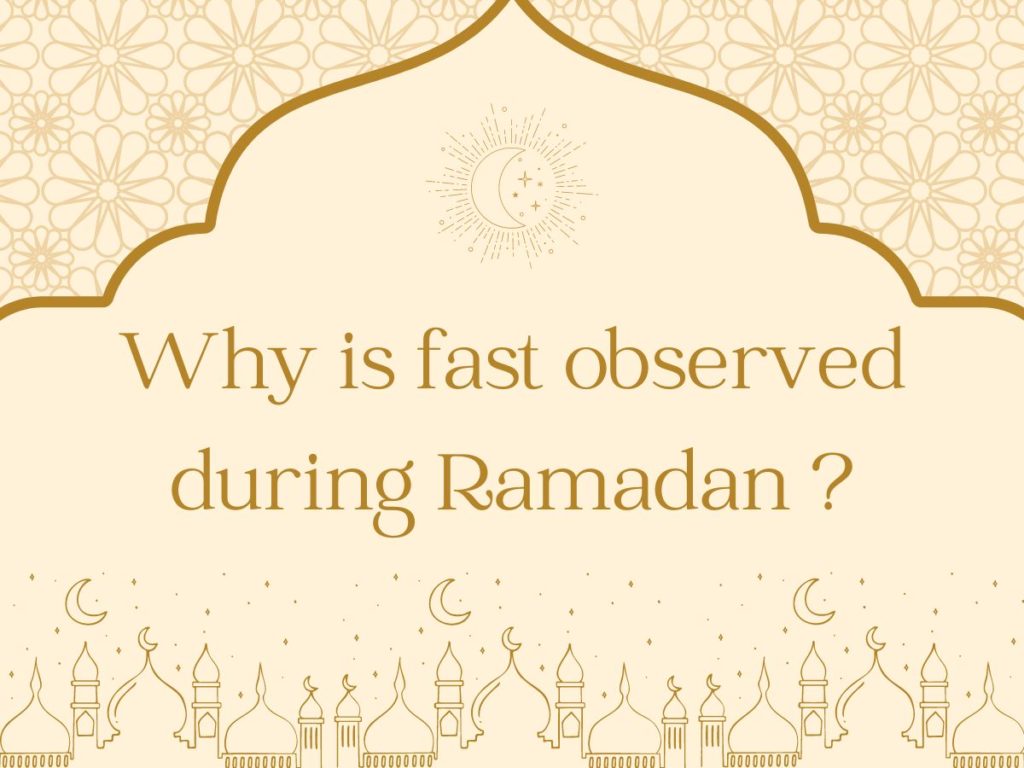What is Ramadan about?
Prophet Mohammed said, “When the month of Ramadan starts, the gates of heaven are opened and the gates of hell are closed and the devils are chained.” Muslims are of the opinion that the month of Ramadan was when God revealed the first verses of the Quran. Observing fast during this month is said to be a way to spiritual discipline, to deepen one’s relationship with God, and intensify the feeling of generosity.
At the end of Ramadan comes Eid Ul Fitr which is a three-day long celebration aka the festival of breaking the fast. Eid celebrations, the feast, the exchange of presents begin only after Eid Ul Fitr prayers are said. Following are some recommended acts that must be followed-
- Pray Fajr in congregation at the mosque
- Eat something sweet after prayer (if dates, eat an odd number)
- Perform Ghusl before stepping foot into the mosque
- Use Siwak to clean your teeth
- Dress you best
- Have a smile and greet others cheerfully
- Travel to the mosque by foot
Table of Contents
Ramadan and All You Need To Know About This Festival
Why does one observe fast during Ramadan?
Fasting is a basic act of worship that makes for one of the Five Pillars of Islam. Not just a physical challenge, fasting is spiritual with the intent of bringing people closer to Allah. Some reasons why fasting is so essential during Ramadan includes-
- Expressing devotion towards Allah
It is an act of spirituality that shows love, devotion, and gratitude towards the blessings Allah has bestowed.
2. Learn self-discipline
Self-discipline and self-control are two major learnings and tests during this fast. Here, the focus is on spiritual and internal well-being than one’s physical desires.
3. Empathize with the less fortunate
Ramadan teaches us to understand the plight of those who are less fortunate, with little to limited access to essential resources.
4. Purification of the soul
Observing this fast is believed to help cleanse from within as it helps increase mindfulness and spiritual connect with oneself. Introspection and reflection on one’s actions help comprehend behaviors and correct oneself by asking for forgiveness.
5. Strengthen relations
This is the time when families and friends come together to break their fast, share meals, and have a feast. It helps build bonds with loved ones.
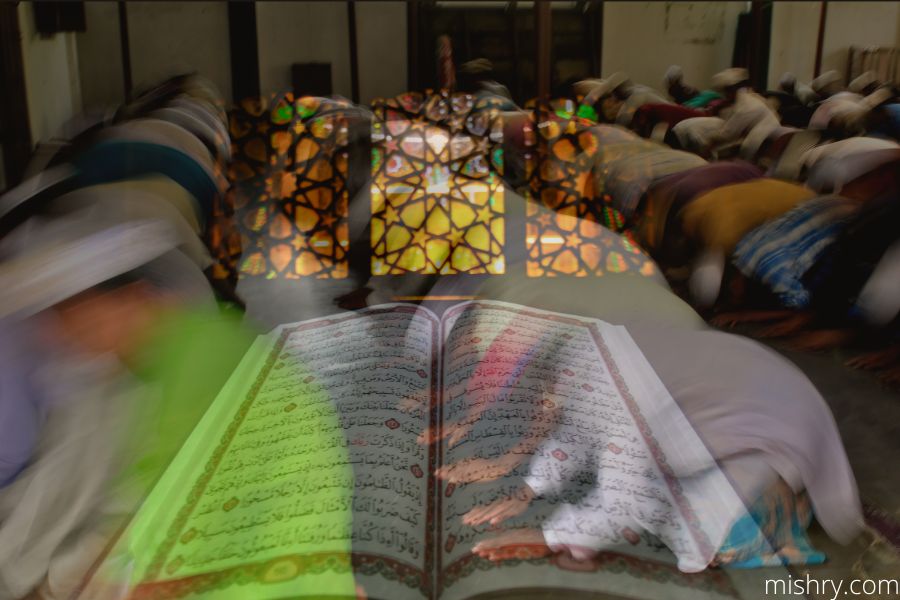
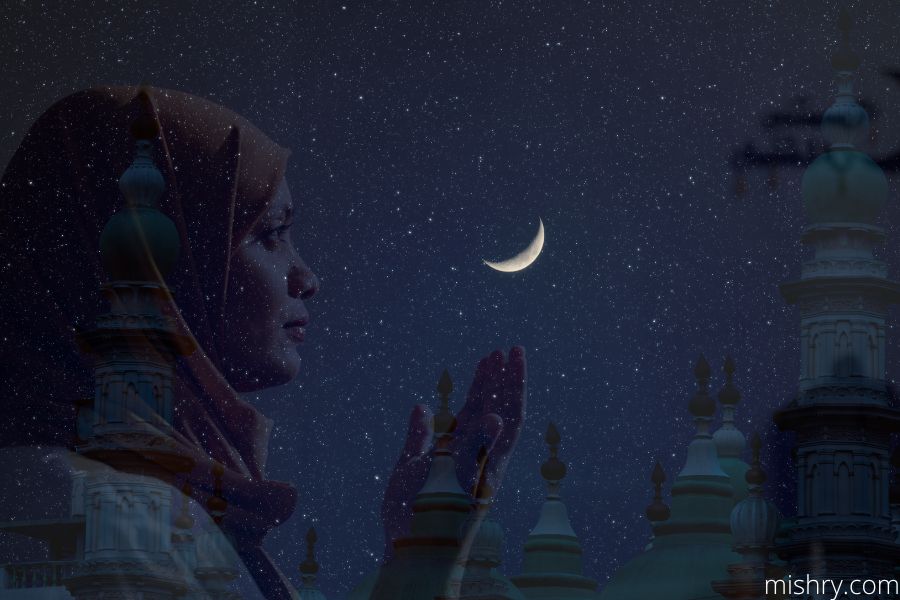
Ramadan Guidelines
Ramadan fast is observed from sunrise to sunset during the month of Ramadan. The meal before fast starts is called Suhoor which is consumed before sunrise. It is meant to provide lasting energy throughout the day. After Suhoor, one is expected to fast throughout the day, and not consume any food or drink until the sun sets.
At sunset, people break their fast with this meal called Iftar. Dates are the most common food item had during this meal. Essentially, dates are used to break the fast as it was one of Prophet Muhammad’s preffered food. Once Iftar is completed, people pray and engage in other religious activities. This begins with five daily prayers and the additional communal prayer every night. It is called Tarawih.
Other than fasting, other acts of spiritual development, sharing kindness and charity include giving to the poor, volunteering, donating, etc.
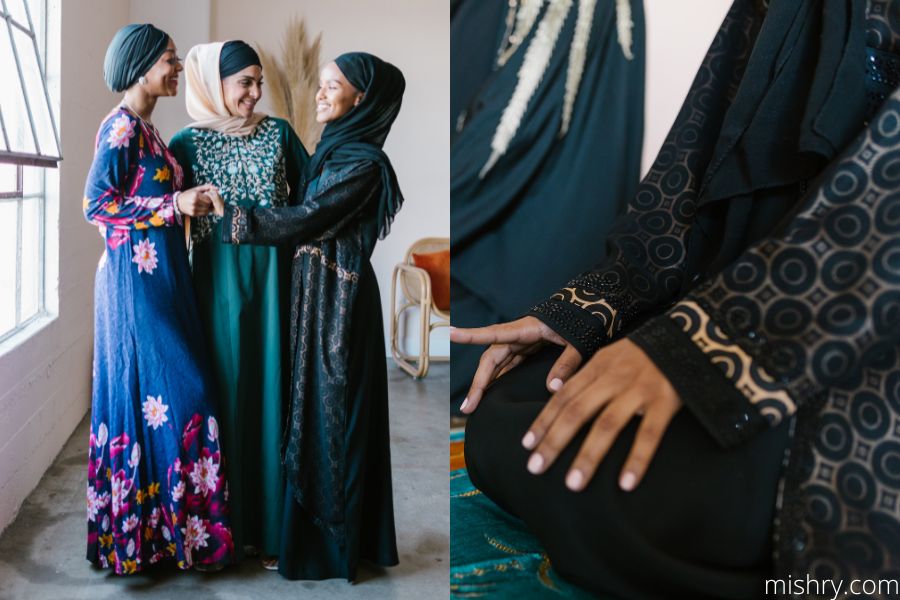
Ramadan Do’s and Don’ts
- Do abstain from sexual relations and sinful speech
- Do not eat or drink post sunrise
- Do express compassion and kindness
- Do wear clothes that cover knees
- Do pray five times
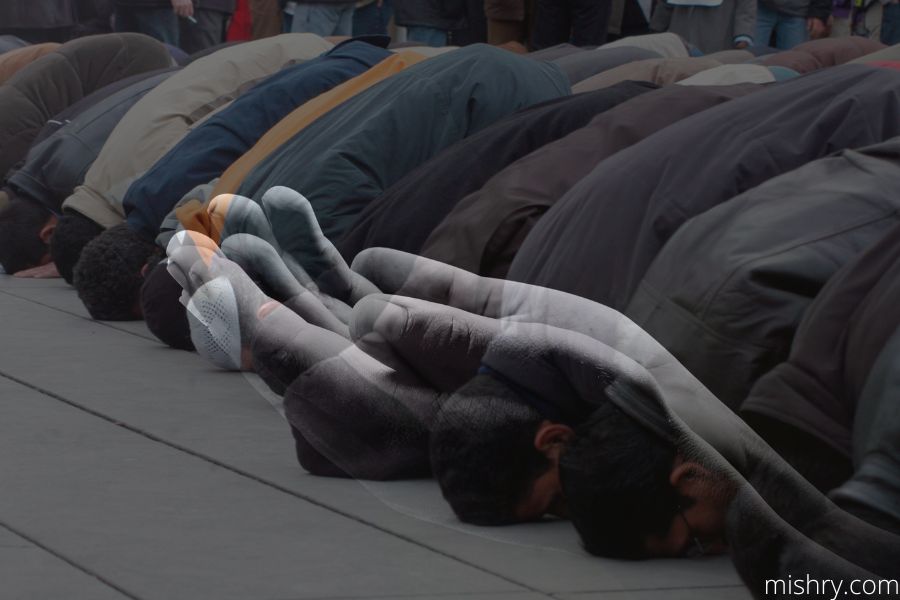
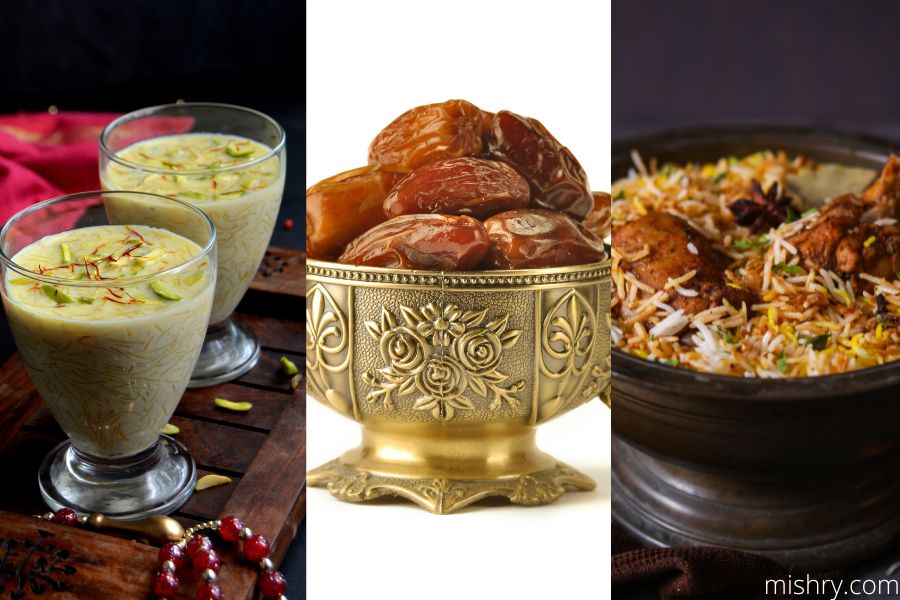
If you cannot observe the fast, …
If you are not keeping well or are travelling, or cannot observe the 29-30-day fast for any other reason, the Quran states that fasting and engaging in acts of charity outside of Ramadan days would suffice.
Diversity During Ramadan
The starting and ending dates and hours may differ from year to year and region to region.
While some may prefer breaking their fast traditionally with milk and dates, others may like indulging in heavy hearty meals or relish meals in cafes or restaurants, as permitted by certain contemporary cultures.
Health and Ramadan
Always remember, the fast can be broken if there is a health emergency. The fast is a spiritual challenge but in no way does it intend to become a threat to an individual’s life. The following people are usually excused from observing the fast. They are adults who are unwell, travelling, menstruating, experiencing postnatal complications. This is because observing the fast will do more harm than good in such conditions. Additionally, they can always make up for this later in the year.
And that’s a wrap. Sure observing this month-long fast may seem challenging and close to impossible at the beginning. But the gratitude you would feel once you achieve this, would be priceless. We explained some crucial rules people generally follow. Do you plan to observe the fast this year?
Frequently Asked Questions
Here are some interesting questions on Ramadan, its significance, and more.
What is the purpose of Ramadan fast?
It purifies the soul, demonstrates solidarity. This fast is a way to improve self discipline while gaining better understanding of the religion.
What can one eat during Ramadan?
You must eat high-fiber, high-protein foods but only before dawn and after sunset. Ensure you hydrate yourself well during these hours.
Does Ramadan fasting have health benefits?
Yes, if balanced meals are consumed, Ramadan fasting may offer benefits like better insulin sensitivity, reduced inflammation, weight loss, etc.
How to stay healthy during Ramadan fasting?
Eat nutritious foods during suhoor and iftar. Avoid overeating and over consumption of processed food or foods high in sugar. It is crucial to get sufficient rest and supplement and exercise right to maintain peak health. Remember to not push too hard and go easy.
What are the five rules of Ramadan?
You must not eat/drink in public. You must refrain from engaging in aggressive behavior.
Avoid playing loud music or wearing inappropriate clothing. One must not refuse gifts or invitations to Iftar.
What is Eid Al Fitr?
This is a holiday that marks the end of Ramadan. It is a large, joyous communal gathering where friends and families indulge in feast and gift giving.
To sum up, Eid Ul Fitr is one of the two largest celebrations of Muslims around the world. Eid Ul Fitr is the act of breaking the fast which also commemorates the end of the holy month of Ramadan. While celebrating Eid Ul Fitr, one engages in a community-wide prayer service, wearing their best clothes, followed by a gift-giving and a feast.

